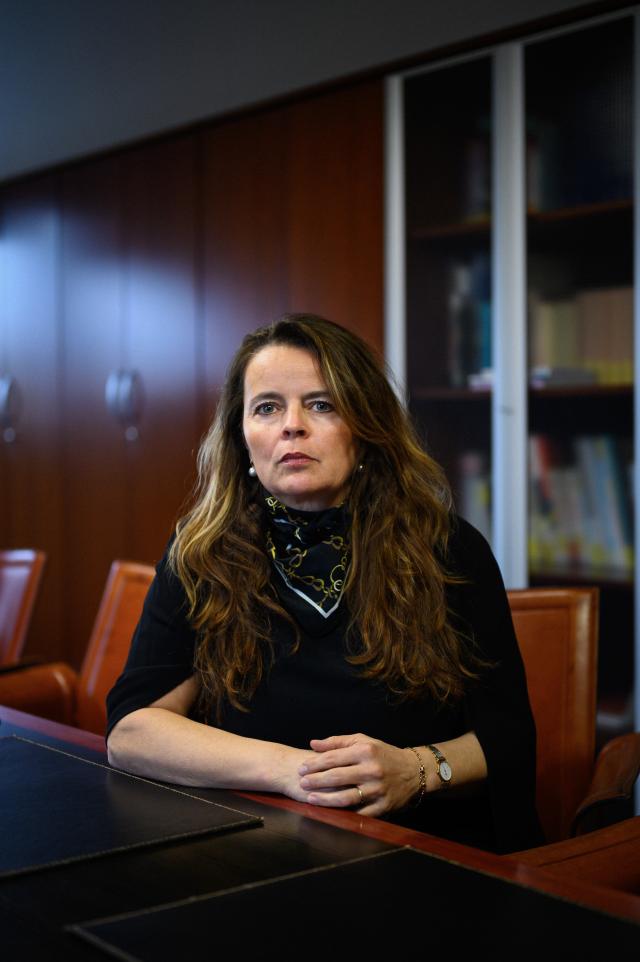New Work: CSL goes to war on workplace inequalities
Sponsored content Switch to French for original article
Listen to this article
The European Commission is proposing a directive to take measures on pay transparency to ensure equal pay for equal work. The Luxembourg Chamber of Employees, which has been fighting for this for several years, welcomes the initiative.
The right to equal pay for work of equal value between women and men has been a founding principle of the European Union since the 1957 Treaty of Rome. Yet, almost 65 years later, there are still many inequalities in pay treatment across the EU.
According to the latest Statec report on gender inequality in the workplace, Luxembourg has the second lowest pay gap in the EU after Romania. In 2018, the average gross annual full-time equivalent salary for a man was 67,675 Euros, compared to 62,829 Euros for a woman. While this reflects the efforts made by Luxembourg in recent years to balance the scales, the fact remains that there is still a gender pay gap in 2021. "For several years now, Luxembourg legislation has stipulated that for work of equal value, there has to be equal pay, regardless of gender", says Martine Mirkes, a lawyer and management consultant at the Chamber of Employees.
If an employer fails to comply with the equal pay rules, the Labour Code provides for financial penalties of up to 25,000 Euros.
The importance of transparency for equality
In order to promote equality in the workplace, a proposal for a directive is currently being drafted at European level. This legislation provides for a number of improvements, including the requirement for greater transparency in pay. "The lack of pay transparency is one of the main obstacles to equality in the workplace", says Martine Mirkes. "It prevents workers from comparing their pay with that of their colleagues and thus from proving possible pay discrimination. Some employees even have a clause in their contract that forbids them to reveal their pay level to their colleagues, which is obviously illegal." The proposal would also incorporate the guidelines and objective criteria set out by the Court of Justice for assessing what is to be considered "work of equal value". However, the CSL would like to see the proposal empower workers by allowing collective action on equal pay.
"We would also like to increase the threshold for the maximum amount of compensation for parental leave, and also the creation of a carer's leave."
While the Luxembourg Chamber of Employees welcomes the implementation of such a directive, which it considers to be a real instrument in the fight against pay inequalities, it was keen to issue a number of opinions to the European Commission. "The directive requires companies with more than 250 employees to report on pay differentials between women and men within their organisation. Where this report shows a high risk of unjustified pay inequalities, corrective measures will have to be taken by these companies. In Luxembourg, the vast majority of companies have less than 250 employees. We have asked for this threshold to be lowered to at least 150 employees, although we would obviously like all companies to be covered."

The Professional Chamber also sees the proposed EU directive as a tool to improve the work-life balance. "The data show that women are more subject to career interruptions than men. We would like men and women to be able to invest equally in their jobs and their private lives", says Martine Mirkes, who recalls that during the COVID-19 crisis, women took on a disproportionate share of family responsibilities due to the closure of schools and support services.
A CSL legislative proposal
The CSL believes that reconciliation of private and professional life is important to ensure more equality in the workplace. In this context, it has proposed a law to transpose the European directive 2019.1158, which is due to come into force in August 2022. It proposes, for example, the possibility of taking parental leave until the child is 8 years old (compared to 6 today) and up to 12 years old for a child with a disability or who is seriously ill. "The current law on paternity leave does not provide any rights for a same-sex couple. We would like this law to be extended to the person who is recognised as the second parent. We would also like to increase the threshold for the maximum amount of compensation for parental leave, and also the creation of a carer's leave", says Martine Mirkes. "Finally, we would like to see flexible forms of parental leave really considered as a right in Luxembourg. At present, the employer has the right to refuse to grant this option without having to justify himself. We would like this to change", explains Martine Mirkes.



